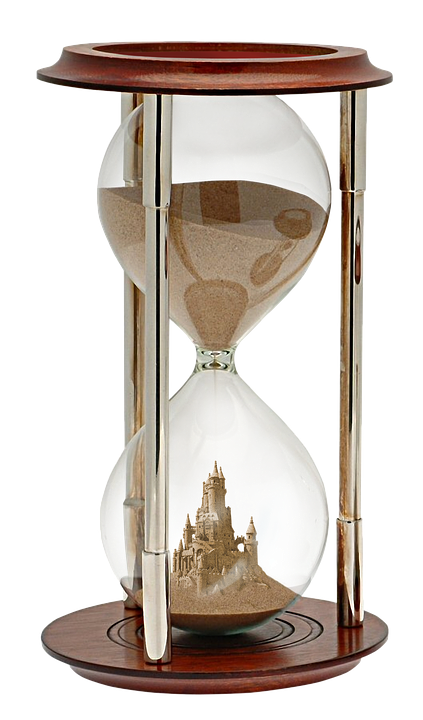By Sandra Merville Hart
Somewhere in the midst of writing my second novel my story started to get away from me. I couldn’t remember what day or week something happened in my plot, requiring me to reread earlier passages. This prompted me to create a timeline of my novel’s events.
Creating a Word document containing the timeline for our stories maintains accuracy, keeps us organized, and shows where the plot requires additional action.
I read a novel where two chapters spanned the summer only to find that the following chapter stated all those events happened in only two weeks. The author’s mistake on time jolted me out of the story. The things that happened early in the novel in a specific timeframe were incorrect. I continued reading though I had lost trust in the author. This discrepancy could have been easily fixed and monitored by maintaining a timeline.
Tracking this detail also keeps authors organized. My timeline is arranged in chapter paragraphs and contains the chapter’s major scenes. It begins with the character whose perspective the scene is written along with a brief description of the action and the date. The day of the week is also important because this detail grounds us. For instance, church is part of normal Sunday activities for Christians and in many historical novels whereas Monday begins the work week.
The time of day matters a great deal in suspense and mystery genres so tracking this detail saves the author constant rereading of prior scenes.
Timelines note every change of character perspective or date.
Historical novelists writing about particular events such as a Revolutionary War battle, the assassination of President Lincoln, or the San Francisco earthquake pay close attention to details. Tracking dates and historic occurrences within the novel keeps us focused and organized.
Another advantage of maintaining a novel’s timeline in the midst of writing is that it shows where the plot needs strengthening. Authors will see where the story’s action slows and picks up again.[bctt tweet=”Creating a novel timeline helps #writers track story details in each chapter. #writing #history” username=”Sandra_M_Hart”]
Tracking which scenes are in a particular character’s perspective helps to evaluate who gets the most “air time.” This can be important for specific genres like romance.
Authors may refer to timelines when writing novel proposals as a springboard for writing summaries, synopsis, or back cover copy.
I generally update my timeline upon completion of chapters. It you possess a forgetful nature like me, consider adding this organizational tool to your writing routine. It has saved my sanity countless times.






No Comments